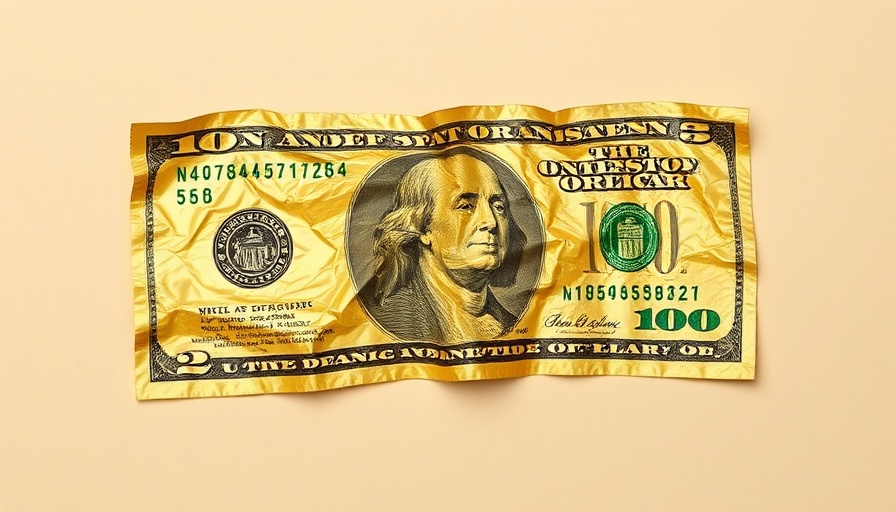
The Dollar: Still the King of Currencies?
In a world filled with economic uncertainty, the question remains: Can the dollar maintain its status as the preeminent currency? The U.S. dollar has long enjoyed dominance in international trade, serving as a global safe haven that influences markets and economies worldwide. However, recent trends suggest that this reign may face significant challenges.
Historical Context: The Rise of the Dollar
Since World War II, the U.S. dollar has been the world’s leading reserve currency. Its strength can be attributed to the size and stability of the U.S. economy, as well as the country's political stability and military power. Investors often flock to the dollar during times of uncertainty, viewing it as a reliable asset. This historical context is essential in understanding why the dollar has maintained its dominance over the decades.
Global Economic Shifts: A Threat to the Dollar?
Recent geopolitical tensions and the rise of alternative currencies like the yuan are stirring the pot. Countries are exploring ways to reduce their dependency on the dollar, especially as the United States implements aggressive foreign policies and sanctions that can impact global trade dynamics. For example, Russia and China have been vocal about promoting their currencies in international trade, suggesting a potential shift that could undermine the dollar's supremacy.
The Role of Technology: Cryptocurrencies and Digital Currencies
The advent of cryptocurrencies presents another challenge to the dollar's dominance. Digital currencies, such as Bitcoin and Ethereum, are being embraced by various economies, allowing for decentralized transactions that bypass traditional banking systems. Central banks around the world are also exploring Central Bank Digital Currencies (CBDCs), which could provide robust competition to the dollar. As technology continues to evolve, the implications for the dollar's status are significant.
Crisis or Resilience: What Lies Ahead?
While the dollar faces pressures from emerging markets and digital currencies, it also possesses several strengths that could bolster its position for years to come. Factors such as robust trade alongside the dollar, the continued preference for dollar-denominated assets, and the liquidity it provides make it a formidable currency. Moreover, historical resilience in times of crisis showcases its powerful foothold in the global economy.
What Does It Mean for Investors?
For everyday investors, understanding the potential shifts in currency dynamics is crucial for financial planning. Currency fluctuations can have significant impacts on investments, particularly for those with assets tied to international markets. Maintaining a diversified portfolio may provide a layer of protection against potential volatility in currency values.
Concluding Thoughts: The Dollar's Future
As the global economy evolves, the future of the dollar remains uncertain. Will it continue to reign as the king of currencies, or will it face challenges that redefine its status? Investors should stay informed and consider the implications of currency changes in their financial strategies. The dynamics of the currency market are always shifting, and staying knowledgeable can be your best defense.
Understanding these aspects allows individuals and businesses alike to navigate their finances strategically in a shifting economic landscape. Keep exploring resources that shed light on current economic trends and the future of currencies.
 Add Row
Add Row  Add
Add 




 Add Row
Add Row  Add
Add 








Write A Comment